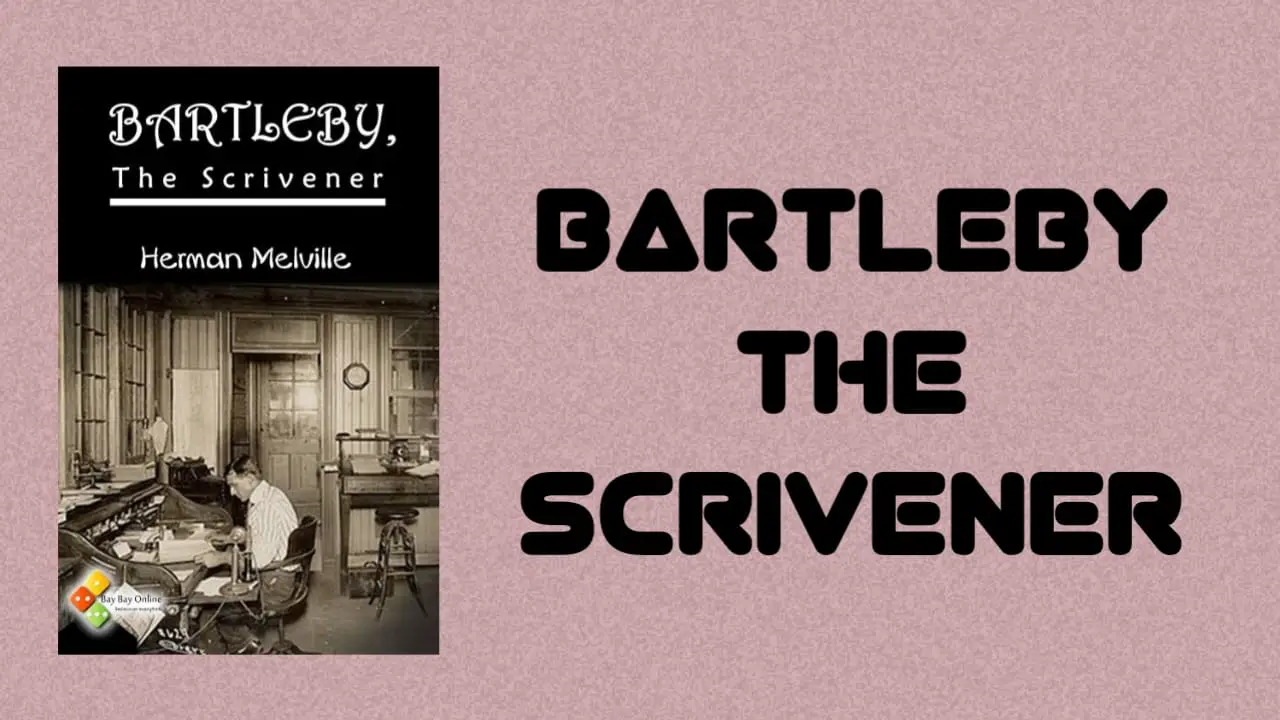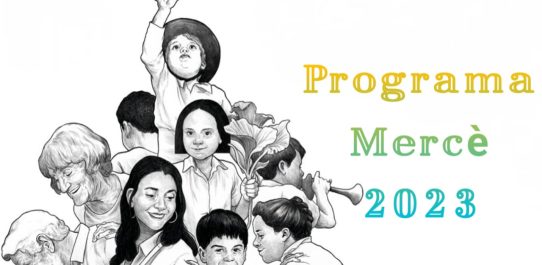Bartleby The Scrivener PDF Free Download
In the realm of classic literature, there exists a character who has both intrigued and perplexed readers for generations – Bartleby The Scrivener. Herman Melville’s novella, “Bartleby The Scrivener: A Story of Wall Street,” is a timeless exploration of isolation, dissent, and the enigmatic human psyche. In this article, we will delve into the intricacies of this literary masterpiece, analyzing its themes, characters, and the broader implications it holds for society.

The Enigmatic Bartleby
Who is Bartleby?
Bartleby, the central character of Melville’s story, is an enigma. As a scrivener, he is employed in the mundane task of copying legal documents. However, his behavior becomes increasingly peculiar, marked by his infamous refrain, “I would prefer not to.” This simple phrase serves as the catalyst for a series of events that propel the narrative forward.
The Isolation of Bartleby
One of the most striking aspects of Bartleby’s character is his profound sense of isolation. He exists on the periphery of society, both physically and emotionally. His choice to reside within his workplace, a former law office, reflects his desire for distance from the world. This isolation highlights the alienation that can result from the dehumanizing nature of modern work.
The Workplace as a Symbol
The Office as a Prison
Melville uses the office where Bartleby works as a powerful symbol. The office is a space of confinement, resembling a prison more than a place of employment. This portrayal underscores the dehumanization and soul-crushing nature of monotonous work, where individuals are reduced to mere cogs in a bureaucratic machine.
The Power Dynamics
The novella also explores power dynamics within the workplace. Bartleby’s passive resistance challenges the authority of his employer, the Narrator. This struggle between employer and employee highlights the potential for dissent and resistance even in the most oppressive environments.
The Narrator’s Dilemma
The Unnamed Narrator
The story is narrated by an unnamed lawyer who employs Bartleby. The Narrator’s perplexity and frustration in dealing with Bartleby serve as a mirror reflecting society’s inability to comprehend those who deviate from the norm.
The Moral Conundrum
The Narrator’s moral dilemma is central to the story. He grapples with conflicting emotions of sympathy and frustration towards Bartleby. This internal conflict raises questions about empathy, compassion, and the boundaries of individual responsibility in a society that often neglects its marginalized members.
Also Read This : Chandrayaan 3 MahaQuiz
Themes of Alienation and Empathy
Society’s Alienation
“Bartleby, the Scrivener” is a poignant commentary on the alienation that can pervade modern society. Bartleby’s isolation is emblematic of the loneliness that can result from the relentless pursuit of productivity and conformity.
The Call for Empathy
Melville’s work also calls for empathy. It challenges readers to question their own responses to those who do not fit neatly into societal norms. Bartleby’s plight serves as a reminder of the importance of recognizing and addressing the struggles of the marginalized.
Conclusion
In the world of literature, “Bartleby The Scrivener” stands as a profound exploration of the human condition, isolation, and the limits of empathy. Herman Melville’s novella continues to captivate readers with its timeless themes and enigmatic characters.
FAQs
Que: Who is the author of “Bartleby, the Scrivener”?
Ans: The novella “Bartleby, the Scrivener” is authored by Herman Melville.
Que: What is the central theme of the story?
Ans: The central themes of the story include isolation, dissent, and the limits of empathy.
Que: Why does Bartleby say, “I would prefer not to”?
Ans: Bartleby’s repetitive refrain, “I would prefer not to,” reflects his passive resistance and disengagement from the demands of his job and society.
Que: What does the office symbolize in the novella?
Ans: The office symbolizes confinement, dehumanization, and the oppressive nature of modern work.
Click Here To Download For Free PDF








